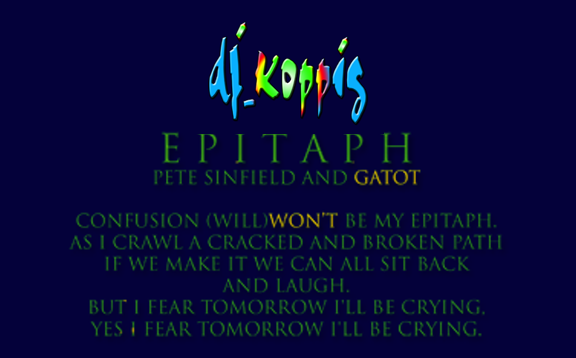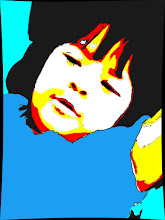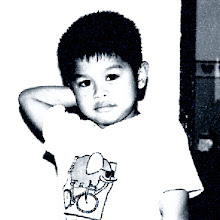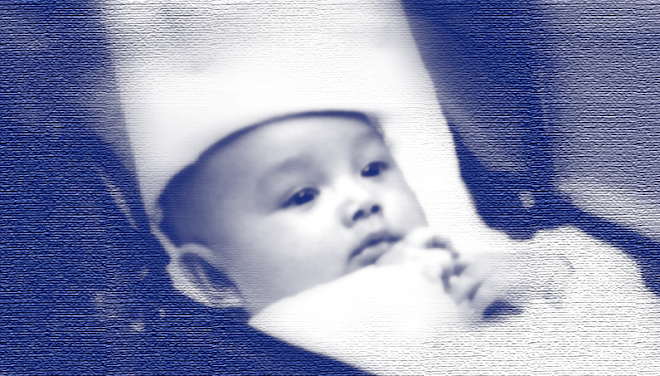 New York Times
New York TimesMay 28, 2006
Cheikha Rimitti, 83, Rebel of Algerian Music, Is Dead
By JON PARELES
Cheikha Rimitti, a pioneer of the rebellious Algerian pop called ra-2006), died on May 15 in Paris, where she had lived since 1978. She was 83.
The cause was a heart attack, her Web site said.
Cheikha Rimitti was considered the queen of raï (RYE or rah-AY), which means opinion in Arabic. She sang daringly and forthrightly about sexuality, poverty, drinking, oppression and independence. "Misfortune is my teacher," she often said.
Her brash lyrics and deep, rough-hewn voice made her an international star. She defied taboos, and her music was often banned.
"Raï music has always been a music of rebellion, a music that looks ahead," she said in a 2001 interview with Afropop Worldwide, a syndicated radio program and Web site. Two nights before her death, she performed at the Zénith concert hall in Paris.
She was born in 1923 in the village of Tessala near Sidi Bel-Abbés in Western Algeria. Her parents named her Saadia, which means joyful. But she was orphaned as a young girl and grew up poor, often homeless.
To support herself, she began singing at weddings. She arrived in the town of Relizane and joined a troupe of traveling musicians when she was 20, performing at festivals as a singer, a dancer and an equestrienne, riding with a rifle in each hand.
Her stage name, Rimitti, was derived from the French word remettez (put it back, or slang for another). Various stories link the name to her buying rounds of drinks for fans or calling for refills herself. Later, the honorific Cheikha was added.
North Africa has a tradition of bawdy wedding songs, performed by and for women. Cheikha Rimitti began to sing them for mixed audiences in public. She also wrote songs about social conditions, including, in the 1940's, the harshness of French colonial rule and the epidemics that ravaged Algeria. She wrote about rough lives and about the temporary diversions of sex and alcohol.
"I sang all the subjects back then," she told Afropop Worldwide. "I sang about misery. I sang about love. I sang about the condition of women. I sang about ordinary life, concrete things. I sang the life I had seen, my own history."
Although she composed hundreds of songs, Cheikha Rimitti was illiterate. "Words sing silent in my head until I sing them loud," she once said. "No need to take either a pencil or a notebook."
A well-known Algerian musician, Mohammed Ould Ennems, helped arrange her first radio broadcasts in the 1940's. She made her first recording in 1952, and in 1954 she caused a controversy with a song called "Charrag Gataa" ("Tear, Lacerate"), which was taken as an attack on the virtue of female virginity. "He crushes, whips and beats me," she sang. "I say that I'm going away, but I still spend the night."
When Algeria became independent of France in 1962, the new conservative Islamic government banned her songs from radio and television. She continued to perform at private gatherings, as raï music circulated on underground cassettes.
In 1976, she made a pilgrimage to Mecca and gave up drinking and smoking. She emigrated to Paris in 1978, but continued to visit Algeria, which eventually removed the ban on her music.
According to her manager, Nourredine Gafaaiti, she is survived by her 3 children and 18 grandchildren, all of whom live in Algeria.
By the 1980's, her songs had been taken up by a younger generation of raï musicians, though they often did not credit her. She was rediscovered by the world-music audience in the 1990's and modernized her music. Her 1994 album "Sidi Mansour" included the guitarist Robert Fripp from King Crimson, and Flea, the bassist from the Red Hot Chili Peppers, although she never met the musicians; she was recorded in Paris and the backup tracks were recorded in Los Angeles.
She continued to make albums, and one, "N'ta Goudami" (Because Music), was released this month. It was recorded in Oran, Algeria, the birthplace of raï.
In 2001 she made her United States debut with a triumphant concert at Central Park SummerStage.
"When I'm on stage, I don't cheat," she told Afropop Worldwide afterward. "I give everything I have in my soul and my spirit."
LinKs,










No comments:
Post a Comment